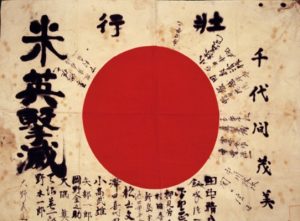
Seiko Noda, Japanese minister of internal affairs and communications announced last week that starting from October purchasing tickets online for the majority of public-run lotteries would be available to for gamblers. The main reason behind this decision is to increase the sales of lottery tickets which have been recording a drop since 2005.
The list of available lotteries include Jumbo Takarakuji series, an extremely popular lottery in Japan which is sold only five times a year with the main prize of more than $9 million, but also regular Takarakuji tickets and the Numbers and Loto series.
Boosting The Sales
But before actually buying the tickets online, all those interested to do so will need to register and enter a bank account where any subsequent winnings will be transferred.
Commenting on this move an unnamed official of the ministry, whose task is to deal with legislation related to lottery regulation, said the online option was used because lottery sales had been decreasing.
Sales of lottery tickets peaked in fiscal 2005, when they grossed over $10 billion, while that number was down to $7.7 billion in fiscal 2016.
New Target Group
The official also added the vast majority of tickets – around 93% – was sold at outlets located near train stations, but stated these outlets were limited by their business hours. On the other hand, the internet doesn't have this restriction, and people can buy lottery tickets whenever they feel like it.
People aged 50 or older are the main buyers of lottery tickets, accounting for around two-thirds of store sales. Expanding sales to internet and smartphones is focused on attracting customers in younger generations.
At this moment, buying lottery tickets is possible only through online services offered by some banks and is limited to Numbers and Loto series. According to the minister of internal affairs and communications, it is expected the new service attracts up to 500,000 users in the first six months of its activation.
Lottery tickets are sold by Prefectural governments and major cities are responsible for the sales of lottery tickets, so they get to keep a portion of lottery revenues, which is used a part of the local budgets.















